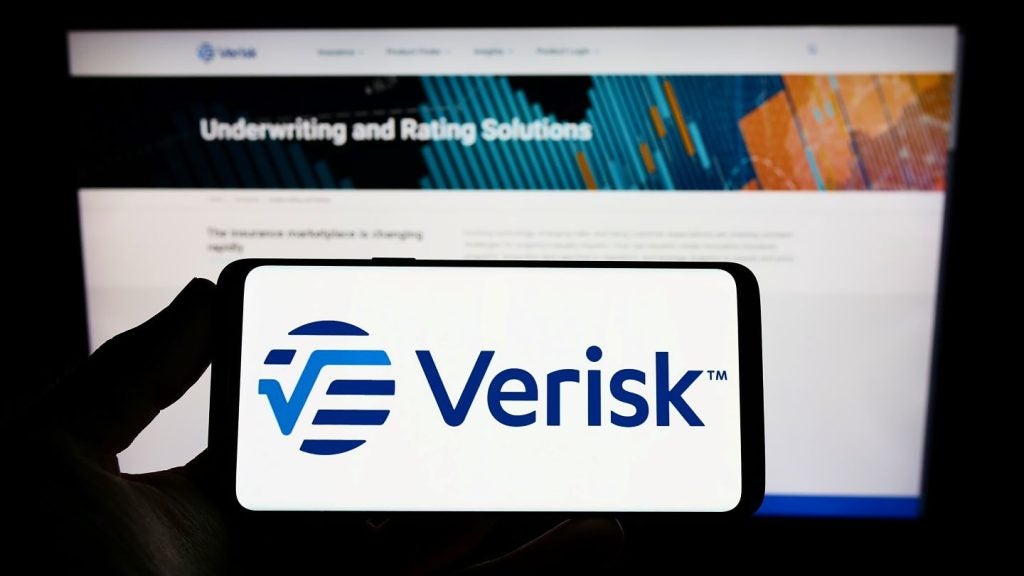
Life Insurance Corporation (LIC), the Indian state-owned insurance giant, is considering the acquisition of a stake less than 50% in a stand-alone health insurance company, reported Business Standard, citing sources.
This move is aimed at marking the company’s entry into the health insurance segment without the need for a composite licence.
According to the sources: “LIC does not need a composite licence. Even if it is introduced, they will not opt for it.
“They are looking to buy a stake in a stand-alone health insurance company where they will have a say in the management.”
During the post-earnings call for the first quarter of financial year 2025, LIC managing director and CEO Siddhartha Mohanty revealed the company’s plans to enter the health insurance industry by acquiring a stake in a health insurer.
“Rather than set up a vertical for insurance, we felt it would be better to acquire a company, allowing us to start selling health insurance across the country,” Mohanty said at the time.
Currently, India has six stand-alone health insurance companies: Aditya Birla Health Insurance, Care Health Insurance, ManipalCigna Health Insurance, Narayana Health Insurance, Niva Bupa Health Insurance and Star Health & Allied Insurance.
The sector has also seen the recent addition of Galaxy Health Insurance, which received regulatory approval.
At the Insurance Summit organised by the National Insurance Academy, Mohanty highlighted the transformative impact of technologies such as AI, big data, machine learning and cloud computing on the insurance industry.
He acknowledged that these advancements have significantly improved industry processes.
However, Mohanty also addressed several industry challenges including data privacy, workforce adoption of technology and the cost of technology impacting margins.
He suggested that insurance companies could collaborate with technology companies to address these issues.
To mitigate risks associated with technology, Mohanty emphasised the need for companies to adopt proactive cybersecurity measures such as real-time threat monitoring, employee training in cyber hygiene and regular security audits.
He also noted the potential for digital customer onboarding and dynamic pricing to be greatly enhanced through insurtech solutions.







